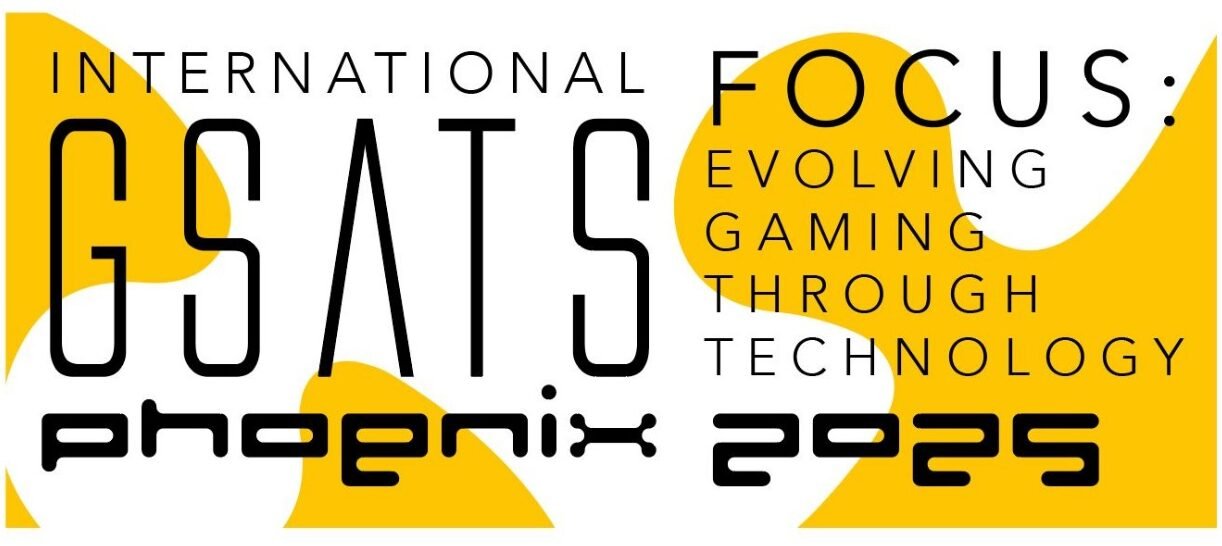The gaming industry has evolved rapidly over the past few decades, transforming from simple arcade games to complex, immersive experiences enjoyed by millions worldwide. As the industry grows, so does the need for robust standards and regulations to ensure fairness, security, and the well-being of all participants. This article delves into the importance of industry standards and regulation in the gaming sector, exploring how they contribute to a sustainable and equitable future.
The Importance of Industry Standards
Industry standards in gaming encompass a broad range of practices and guidelines designed to ensure consistency, quality, and safety across the board. These standards are crucial for several reasons:
Consumer Protection: Standards help protect gamers from fraudulent activities, ensuring that games are fair and transparent. This is particularly important in online gaming and gambling, where the risk of scams and unfair practices is higher.
Interoperability: With the increasing number of gaming platforms and devices, interoperability standards ensure that games can be played seamlessly across different systems. This enhances user experience and broadens the market reach for game developers.
Quality Assurance: Standards set benchmarks for game quality, ensuring that products meet certain levels of performance, stability, and user satisfaction. This is vital for maintaining the industry’s reputation and encouraging consumer trust.
Accessibility: Standards also promote the inclusion of features that make games accessible to people with disabilities, ensuring that the gaming experience is available to a broader audience.
Key Industry Standards in Gaming
Several key standards have been established to address various aspects of the gaming industry:
ESRB Ratings: The Entertainment Software Rating Board (ESRB) provides age and content ratings for video games, helping consumers make informed decisions about game purchases based on suitability.
PEGI Ratings: The Pan European Game Information (PEGI) system offers similar ratings in Europe, ensuring consistent age-appropriateness and content warnings across different regions.
GDPR Compliance: For games operating in or targeting players in the European Union, compliance with the General Data Protection Regulation (GDPR) is essential. This regulation governs how personal data is collected, stored, and used, ensuring players' privacy and data security.
The Role of Regulation
Regulation in the gaming industry is primarily aimed at protecting consumers and maintaining market integrity. Regulatory bodies at both national and international levels play a crucial role in overseeing and enforcing these rules. Key areas of focus include:
Fair Play: Regulatory frameworks ensure that games, especially those involving monetary transactions like online gambling, operate fairly. This includes random number generation (RNG) audits, fair play certifications, and oversight of game mechanics to prevent manipulation.
Player Protection: Regulations also mandate measures to protect vulnerable players, such as minors and those prone to gambling addiction. This includes age verification systems, self-exclusion programs, and mandatory inclusion of responsible gaming messages.
Data Security: With the rise of online gaming, ensuring the security of players' personal and financial data is paramount. Regulations require game developers and platforms to implement robust cybersecurity measures and comply with data protection laws.
Market Regulation: To prevent monopolistic practices and ensure healthy competition, regulatory bodies monitor mergers and acquisitions within the industry. This helps maintain a diverse and competitive market, fostering innovation and growth.
Challenges and Future Directions
Despite the significant strides made in establishing standards and regulations, the gaming industry faces ongoing challenges. The rapid pace of technological advancement often outstrips regulatory frameworks, necessitating continuous updates and adaptations. Additionally, the global nature of the industry means that standards and regulations must be harmonized across different jurisdictions, which can be a complex and politically sensitive process.
Looking forward, the integration of emerging technologies like virtual reality (VR), augmented reality (AR), and artificial intelligence (AI) will require new standards and regulatory approaches. Ensuring that these innovations are implemented responsibly and ethically will be critical to the industry's sustainable growth.
Conclusion
Industry standards and regulation are the bedrock of a fair, secure, and thriving gaming industry. They protect consumers, ensure quality and fairness, and foster a competitive market. As the industry continues to evolve, maintaining and updating these standards and regulations will be essential to navigating the challenges and opportunities that lie ahead. By doing so, the gaming industry can continue to provide enjoyable and safe experiences for players around the world.

